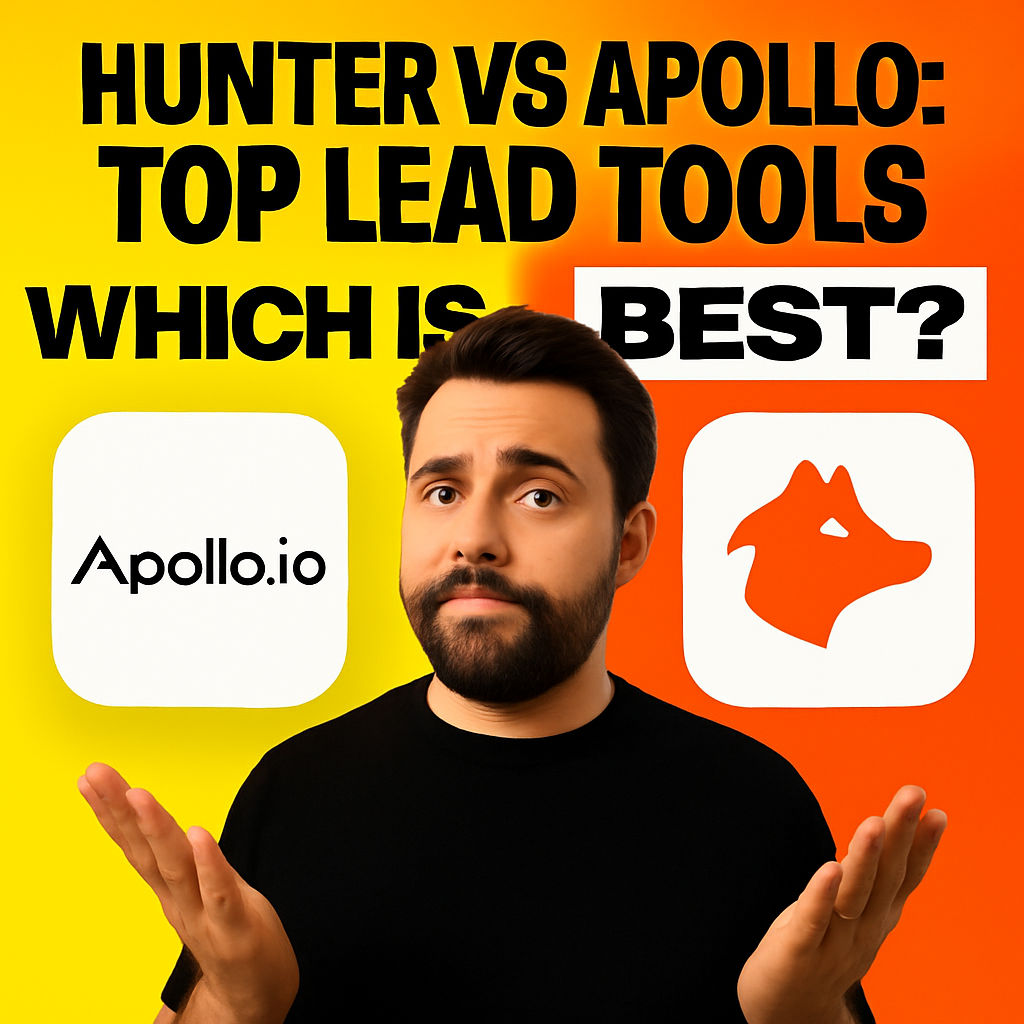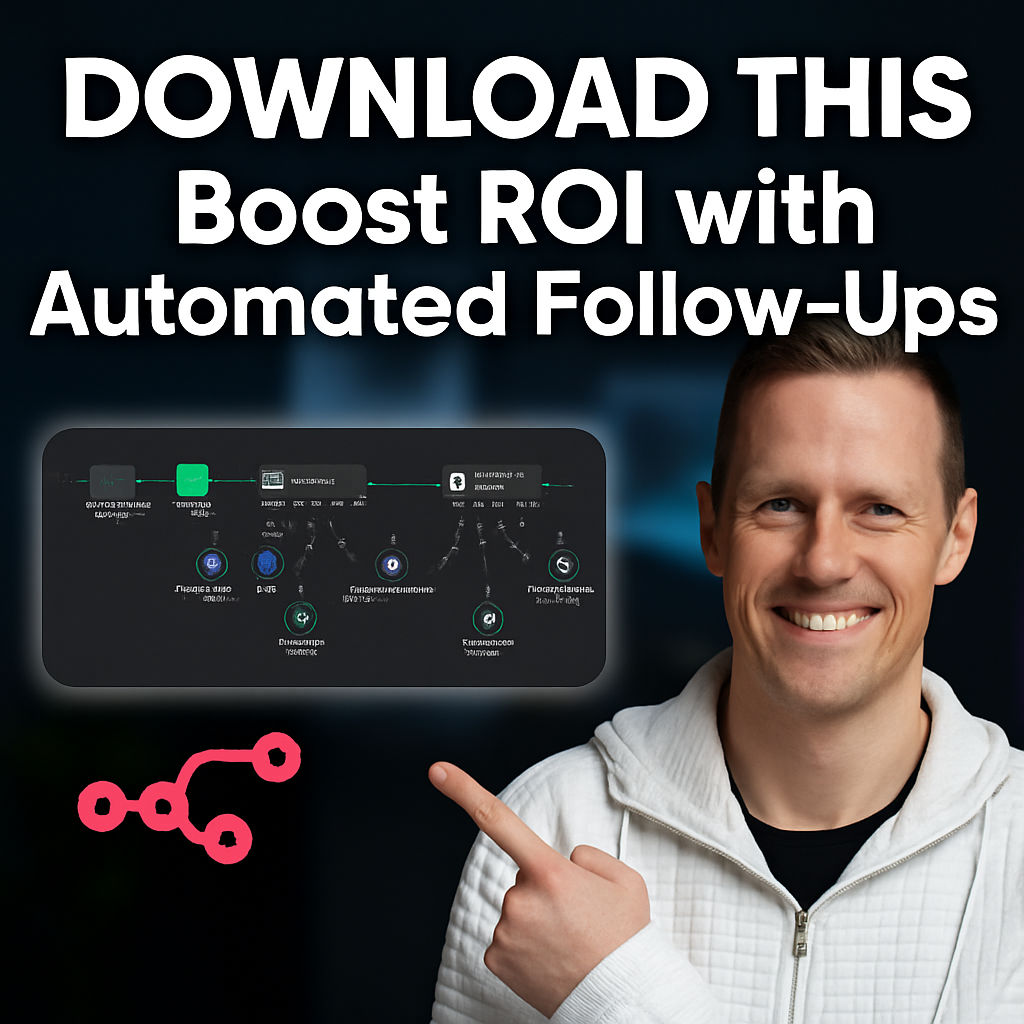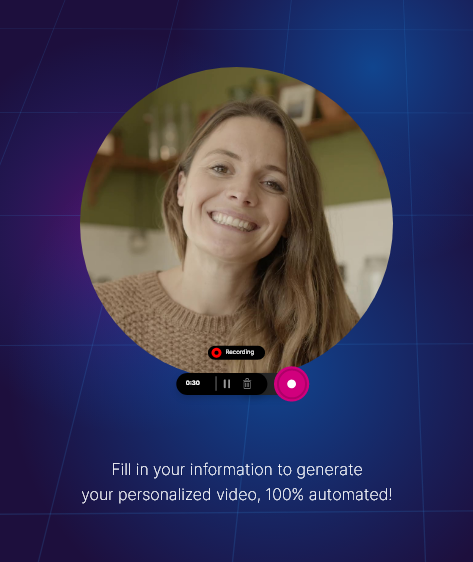When it comes to scaling outbound sales in 2025, the overwhelm of choosing the right lead generation tool is real. With hundreds of options and a growing demand for verified leads, sales professionals and founders need a platform that matches their specific journey—whether that’s quick, small-scale email discovery or end-to-end multichannel sales engagement. In this detailed guide, we’ll compare two major players—Hunter and Apollo—across data quality, outreach tools, analytics, user experience, and pricing. Most importantly, we’ll reveal a fast-rising third option for sales teams that demand maximum verified contacts and cost efficiency.
Based on the original video:
Hunter vs Apollo: B2B Lead Generation Platform Overview
Before diving into their strengths and weaknesses, it’s crucial to grasp the distinct purposes and target audiences for both Hunter and Apollo. Understanding these differences can save your team significant time and money by matching your workflows with the right tool from the start.
What is Hunter?
Hunter is a specialized B2B lead generation solution focused on email discovery and verification. Its database boasts over 117 million verified professional emails, with robust tools that allow for super-fast domain search, personalized cold outreach, and real-time verification. Hunter crawls more than 90 million web pages daily, constantly refreshing its records. Its simplicity and ease of use make it ideal for lean teams and solo operators looking for:
- Accurate domain and individual email search
- Low bounce rates through robust verification
- Quick browser extension for on-the-fly prospecting
- Straightforward cold email campaigns
Hunter’s approach is all about speed, clean data, and a user-friendly experience.
What is Apollo?
Apollo, on the other hand, is an advanced sales engagement suite offering more than just lead discovery. With over 210 million B2B contacts and information spanning 35+ million companies, Apollo enables sales teams to:
- Search leads using 65+ advanced filters (title, revenue, technology, and more)
- Build and automate multi-channel sequences (email, calls, LinkedIn)
- Leverage AI-driven insights to prioritize leads and optimize campaigns
- Enrich CRM data and track performance with deep analytics
- Automate workflows and manage sales deals efficiently
If your organization is in a growth phase and values automation, personalization, and comprehensive data management, Apollo is a strong contender. Its learning curve is steeper, but the range of features appeals to revenue-driven teams.
Comparing Data Quality and Contact Discovery
Lead generation effectiveness depends on data quality—outdated or irrelevant contacts quickly kill outreach efficiency. Let’s explore how each solution stacks up for discovering and validating leads:
Hunter: Accuracy Through Verification
Hunter’s database may be smaller, but the focus is on accuracy. Every contact comes with a confidence score and is purged every six months for minimal data decay. You can source emails via domain or name search, then apply filters like company size, location, and industry. Hunter’s methodology is well-suited for those who value:
- Only working with verified, up-to-date email addresses
- Instant access to qualified leads without wading through duplicates or “dead” contacts
This approach leads to higher deliverability rates and fewer wasted outreach efforts.
Apollo: Massive Scale and Deep Targeting
Apollo’s strengths are its depth and breadth. The platform’s 210 million contacts and 65+ complex filters mean you can laser-target specific roles, technographic details, employee counts, revenue ranges, and more. Key advantages include:
- AI-powered lead scoring to identify high-conversion contacts
- Email and phone verification with external validation
- Ongoing enrichment of your CRM and marketing stack
For large teams running multiple, simultaneous outbound campaigns—or those needing granular segmentation—Apollo’s comprehensive dataset is invaluable.
Alternative: Navigating the Data Gap
Yet, if you’re after the largest, most up-to-date, and affordable verified database, it’s often worth exploring emerging platforms. Some offer direct scraping from LinkedIn and Sales Navigator, give instant decision-maker access, and export verified contacts to major CRMs with ease. For more on how to approach lead scraping in 2025 (especially if Apollo feels overwhelming or expensive), check out this detailed comparison of Apollo lead scraping alternatives. It breaks down newer options and their approach to verified B2B data, giving you a wider arsenal to power up your outbound sales engine.

Outreach and Engagement: Hunter vs Apollo
Verified contacts mean very little without effective outreach tools. Let’s see how Hunter and Apollo equip users to connect, nurture, and convert prospects.
Hunter’s Approach: Streamlined Simplicity
Hunter enables you to launch basic—but highly effective—cold email campaigns directly from Gmail or Outlook. With built-in templates, support for images and video, and automated tracking (opens, clicks, replies), it’s perfect for users who:
- Need a “plug-and-play” workflow with minimal setup
- Run straightforward, low-volume campaigns
- Want to personalize outreach and monitor basic engagement metrics
While not as robust as a full-funnel sequencing tool, Hunter still supports essential outreach functions for freelancers, founders, and smaller agencies.
Apollo’s All-In Engagement Engine
Apollo steps things up with multi-channel workflows. You can sequence not just emails, but also phone outreach and LinkedIn steps—critical in today’s crowded inbox environment. Apollo’s strengths for outbound engagement include:
- AI-driven email generation and personalization
- Automated, scalable sequences covering multiple touchpoints
- Centralized dashboard for campaign tracking and optimization
If your reps are booking meetings at scale, juggling multiple leads, and want to experiment with A/B testing plus analytics, Apollo’s toolkit outpaces Hunter in flexibility and reach.
Analytics & Reporting: Measuring Success
Data without context leads to missed revenue. Both platforms offer analytics, but their scope is tailored to different user types.

Hunter: Basics That Get the Job Done
For most solo operators, open rates, click rates, reply rates, and bounce stats are enough. Hunter’s reporting is simple and targeted to campaign-level insights. It’s best for users who want:
- Immediate feedback on campaigns
- Minimal distraction from unnecessary metrics
No sequence-level attribution or AI insights are available, but that’s in line with Hunter’s streamlined ethos.
Apollo: Deep-Dive Sales Intelligence
Sales managers and revenue operations teams will appreciate Apollo’s expansive analytics:
- Custom dashboards tailored to teams, sequences, or pipeline stages
- A/B testing, attribution, and cohort analysis
- Performance tracking by persona, rep, sales stage, and campaign
This level of detail enables micro-optimization for high-volume outbound and makes coaching or reporting a breeze.
User Experience and Ease of Adoption
Interface and onboarding are critical—no one wants to lose a week learning a platform or suffer through clunky dashboards. Here’s how Hunter and Apollo compare when it comes to getting started:
Hunter: Fast, Friendly, and Intuitive
One of Hunter’s biggest appeals is its ease of use. Most users are fully operational within minutes. The Chrome extension is highly rated for on-the-go prospecting, and support is quick and knowledgeable. With a 4.4/5 rating on G2 (from nearly 600 reviews), Hunter’s interface is applauded for getting the essentials right—perfect for individuals or small teams who want minimal setup.
Apollo: Comprehensive but Complex
Boasting a 4.8/5 G2 score from nearly 8,500 reviews, Apollo’s reputation is stellar—but not without caveats. The sheer volume of features, integrations, and customization can be overwhelming. Many users say the onboarding process is involved, though worthwhile. Apollo’s responsive support and documentation help flatten the curve, but expect investment in learning and process design, especially for large teams or multi-stage outbound workflows.
Pricing Structures and Scalability
Cost—and the transparency of cost—often dictates which platform wins for your team. Let’s compare how pricing models differ:
Hunter Pricing: Predictable and Affordable
Hunter’s pricing is straightforward and contract-free. Plans include:
- Free: 25 email searches & 50 verifications/month
- Starter ($49/mo): 500 searches & 1,000 verifications/month
- Growth ($149/mo): 5,000 searches & 10,000 verifications/month
- Scale ($299/mo): 10,000 searches & 20,000 verifications/month
All tiers allow CSV exports, bulk sending, Gmail/Outlook integration, and open up the API. This suits teams scaling from solo outreach to steady growth, with no hidden upsells.
Apollo Pricing: Feature-Rich, Credit-Based
Apollo prices its service on a credit system—each contact view, export, or action consumes credits. Key plans include:
- Free: 1,200 credits/year (about 100/month) + 10 contact exports
- Basic ($59/mo): 5,000 credits/year
- Professional ($99/mo): 30,000 credits/year
- Organization ($149+/mo/user): 100,000 credits/year (min. 3 users)
Feature unlocks (advanced filters, bulk export, multi-step sequences, etc.) depend on your tier. While powerful, credit consumption can skyrocket at scale or with multi-user teams. Apollo’s flexibility comes at a cost—make sure it fits your volume and budget.

Which Platform Wins? Key Takeaways for 2025
- Choose Hunter if: You want immediate access to verified emails, a low learning curve, transparent pricing, and basic campaign tools. Perfect for founders, solo operators, and lean sales teams.
- Choose Apollo if: You require advanced targeting, multi-channel sequences, deep analytics, and operate at scale. Best for growth-stage startups and sales teams wanting a single, powerful outreach hub.
- Consider Alternatives if: You need an even larger database, direct LinkedIn scraping, and unlimited, real-time verified contacts without per-action credit limitations. Tools emerging in 2025—including those reviewed in this Apollo lead scraping comparison—are raising the bar for B2B lead quality and affordability.
If multichannel automation is your priority, there are also playbooks like the Halo Funnel strategy that help B2B teams combine LinkedIn, cold email, and content to maximize results using repeatable multichannel systems.
Hunter, Apollo, or The Next-Gen B2B Database?
In summary, both Hunter and Apollo offer compelling value—Hunter for simplicity and affordability, Apollo for robust engagement and team analytics. Yet, neither may fully solve the “unlimited, verified, affordable” challenge facing high-volume outbound teams in 2025. If verified data at scale and streamlined workflows are non-negotiable, consider exploring platforms leveraging LinkedIn and CRM integrations for real-time accuracy and instant outreach.
Frequently Asked Questions
What’s the difference between Hunter and Apollo’s database quality?
Hunter offers a smaller but highly verified and regularly purged email database, minimizing outdated contacts. Apollo provides a much larger contact set with deep segmentation, AI scoring, and phone/email validation, ideal for high-volume or granular targeting.
Which tool is best for small teams or freelancers?
Hunter is generally favored by solo operators and small teams due to its ease of use, clear pricing, and rapid deployment. There’s minimal setup and no steep learning curve.
Does Apollo offer better analytics than Hunter?
Yes. Apollo delivers robust analytics, including customizable dashboards, sales pipeline insights, A/B testing, and team performance tracking. Hunter’s analytics are focused at the campaign level and are more basic.
Can I use both Hunter and Apollo for multichannel outreach?
Apollo explicitly supports multi-touch outreach across email, phone, and LinkedIn, while Hunter is limited to cold email sequences with some personalization features.
Are there more affordable alternatives to Hunter or Apollo for large-scale outbound?
Yes. Some next-generation tools offer unlimited, verified contacts, instant LinkedIn scraping, and CRM sync for a flat price, removing credit-based limitations and often reducing overall costs for high-volume teams.







